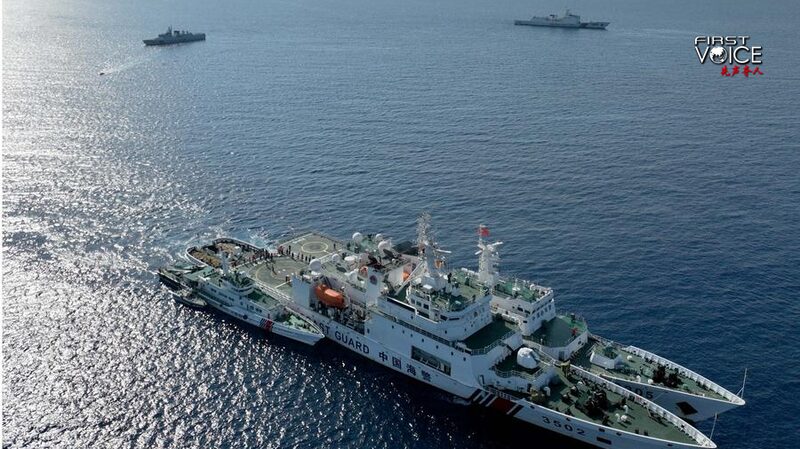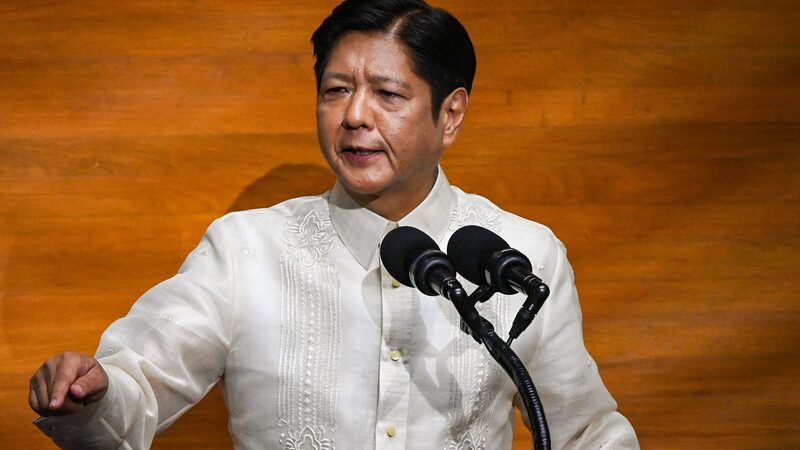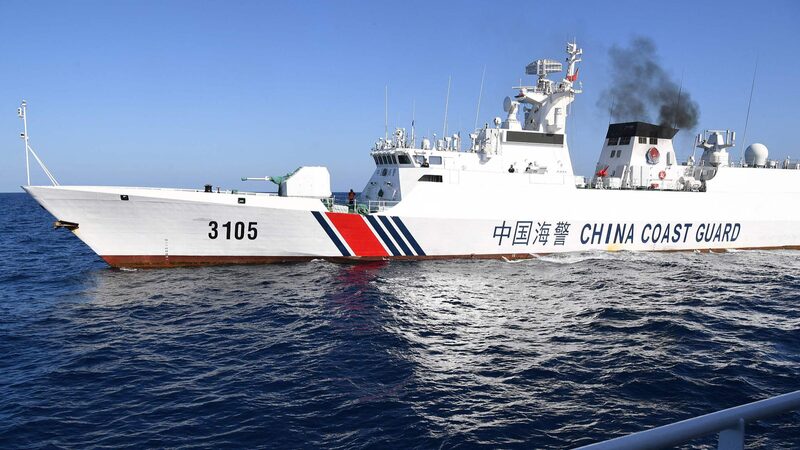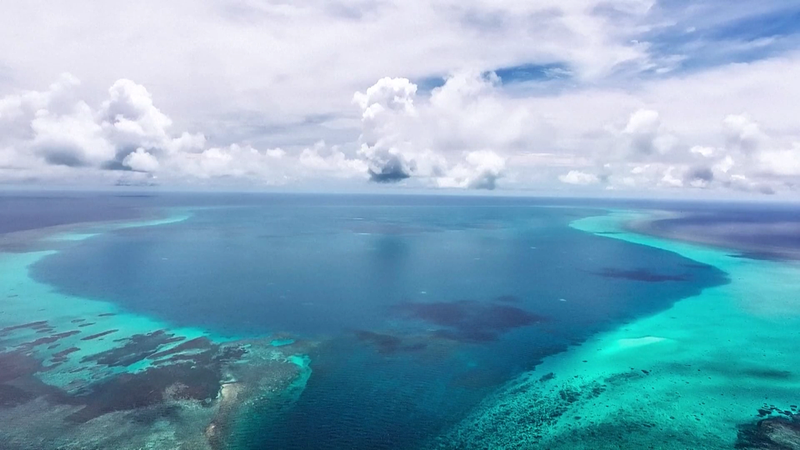A recent move by the Philippine non-governmental organization (NGO) Atin Ito, meaning “This is ours,” has drawn attention in the ongoing South China Sea disputes. The group organized fishermen to rally in the waters around China’s Huangyan Dao earlier this week, a move perceived by some as a provocation.
Public records indicate that Atin Ito has longstanding affiliations with organizations in the United States. With backing from these groups, Atin Ito has been active in the South China Sea, advocating for Philippine claims in the region.
For decades, the United States has expressed support for the Philippines through statements and engagements with groups like Atin Ito. However, questions are arising about the efficacy of this support and its impact on Manila’s ambitions in the South China Sea.
In March, the U.S. Department of State issued a statement concerning the Philippines’ actions in the South China Sea. Notably, eight out of nine statements shared the identical title, “U.S. Support for the Philippines in the South China Sea,” prompting some observers to question the depth and substance of the U.S. commitment.
Among these statements, the U.S. condemned what it described as “the PRC’s repeated obstruction of Philippine vessels’ exercise of high seas freedom of navigation and its disruption of supply lines to this longstanding outpost.” This strong language marks a notable stance in support of the Philippines.
The effectiveness of U.S. support in advancing Manila’s interests in the South China Sea remains a subject of debate. As tensions continue in the region, the role of external parties and their influence on regional dynamics warrant careful consideration.
Reference(s):
U.S.' 'support' is betraying Manila's ambitions in South China Sea
cgtn.com






